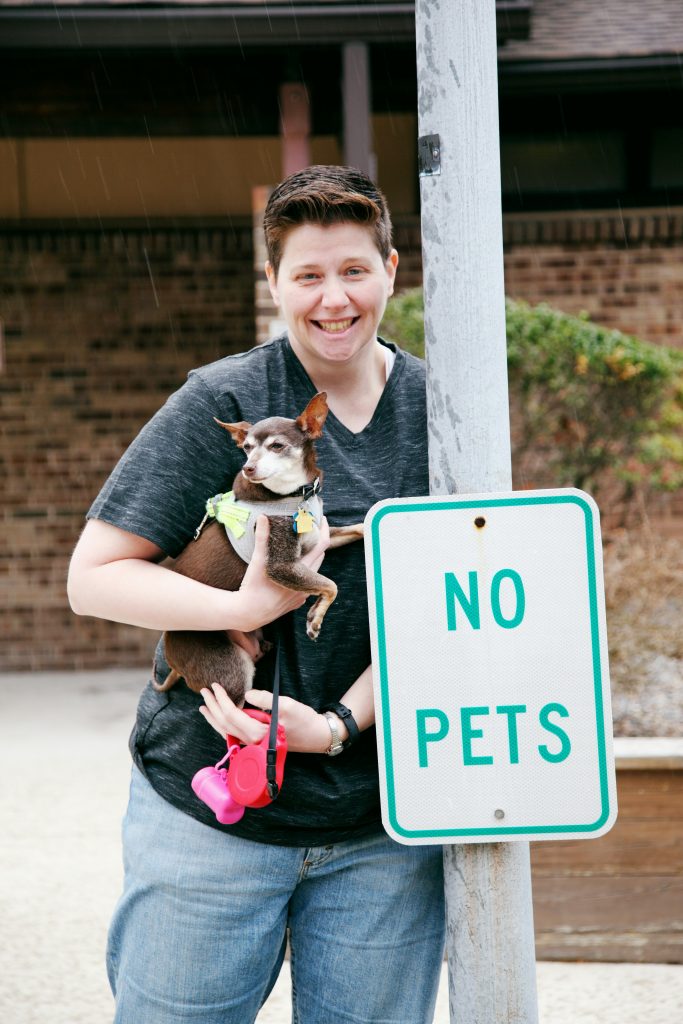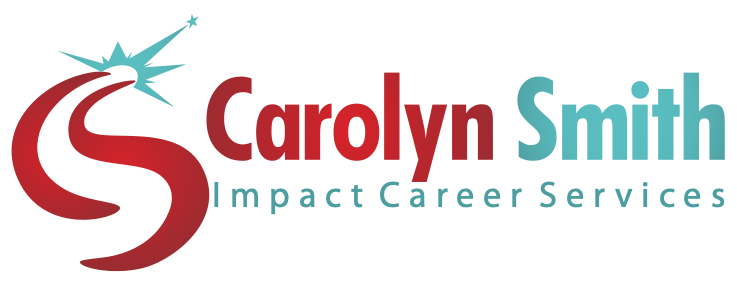If you undertake some research you will find countless articles about basic resume rules that you should adhere to. Article titles include:
- 20 basic resume writing rules that’ll put you ahead of the competition
- 4 rules for every resume
- Golden rules to resume writing
- Five resume rules that will land you that interview

After reading these articles, at some stage as a Master Resume Writer, I’ve broken many of these rules and my clients have landed multiple offers. So in no particular order, I’ve listed some so-called rules, that when appropriate, you should break.
Limit the length of your resume
If you read many of the articles they all focus on the length of the resume, whether your resume should be limited to 1 page (generally from US based career sites), to no more than 3 pages here in Australia.
The problem with this rule is that unless an employer mandates a page limit, (in which case you need to stick with this page limit), if you have a rich and compelling work history, limiting the number of pages will work against you, as you won’t get all the juicy content inserted into a couple of pages.
If what you have to say is relevant to the employer (and relevant being the key word), there is no repetition of information and your writing is tight and to the point, don’t worry if your resume runs into 4 pages. Break the rule!
PS: I also know my colleagues in the US are starting to bend this rule as well, with executive writers creating longer documents resulting in exceptional results for their senior clients.
Never include a career objective
Last century, a career objective was standard fodder in the resume. These days they are considered superfluous to requirement, as they focus on you, not the employer and countless experts tell you not to use one. However, occasionally a career objective works really effectively.
If you are a job candidate that is changing career, a recent graduate, applying for a support position or a highly specialist expert, then a career objective could work for you.
You must use specific fonts, such as Arial and Veranda
Well no, you can use any font you like, so long as the recruiter or employer can read the font with ease. I use a variety of fonts depending on my client and these days tend to stay clear of the more general fonts such as Arial and Veranda
Take out really old work history
Yes, you should remove very old history that is not relevant to the job. But if you have old work history that is relevant to the job, keep it in. If you are worried about ageism, simply don’t put a date next to the work history (and yes, this is another rule I often break, namely not putting a date against older work history).
Images and graphics
There is the standard resume rule that you should not include graphics, images or photos, as they can create problems with applicant tracking systems. https://carolynsmith.com.au/2021/08/23/everything-you-need-to-know-about-applicant-tracking-systems-ats/
However, Certified Master Resume Writers use graphics and images ALL the time. A well-presented graph can tell a thousand words and capture an achievement, such as increased sales in a very bold and effective way. The key is to work with a Certified Master Resume Writer, that knows what they are doing, as you can do both (a visually compelling resume that is ATS friendly).
Using buzzwords
The language used by most job seekers is uptight and clichéd, as they are following the rule in terms of formality associated with a resume. However this has resulted in the use of the same tired and overused phases by everyone. Wording such as:
- Dynamic
- Results-Oriented
- Team Player
- Exceptional Communication Skills
Now as a resume writer, I have been guilty of clichéd language in the past. These days, I avoid over-used career buzzwords and make my clients documents as authentic as possible. It is time to get real and avoid these clichés. I promise you will stand apart from others if you are conscious of the language you are using and not fall into the trap of thinking this is the language you must use to secure an interview.
The bottom line is that your resume should best reflect you. Apart from some strict rules you should adhere to, such as clear formatting, spelling etc. don’t worry so much about breaking some of the rules, in particular if you want to stand apart from others and land multiple offers.

Leave a Reply